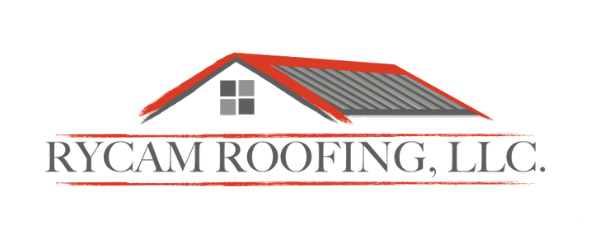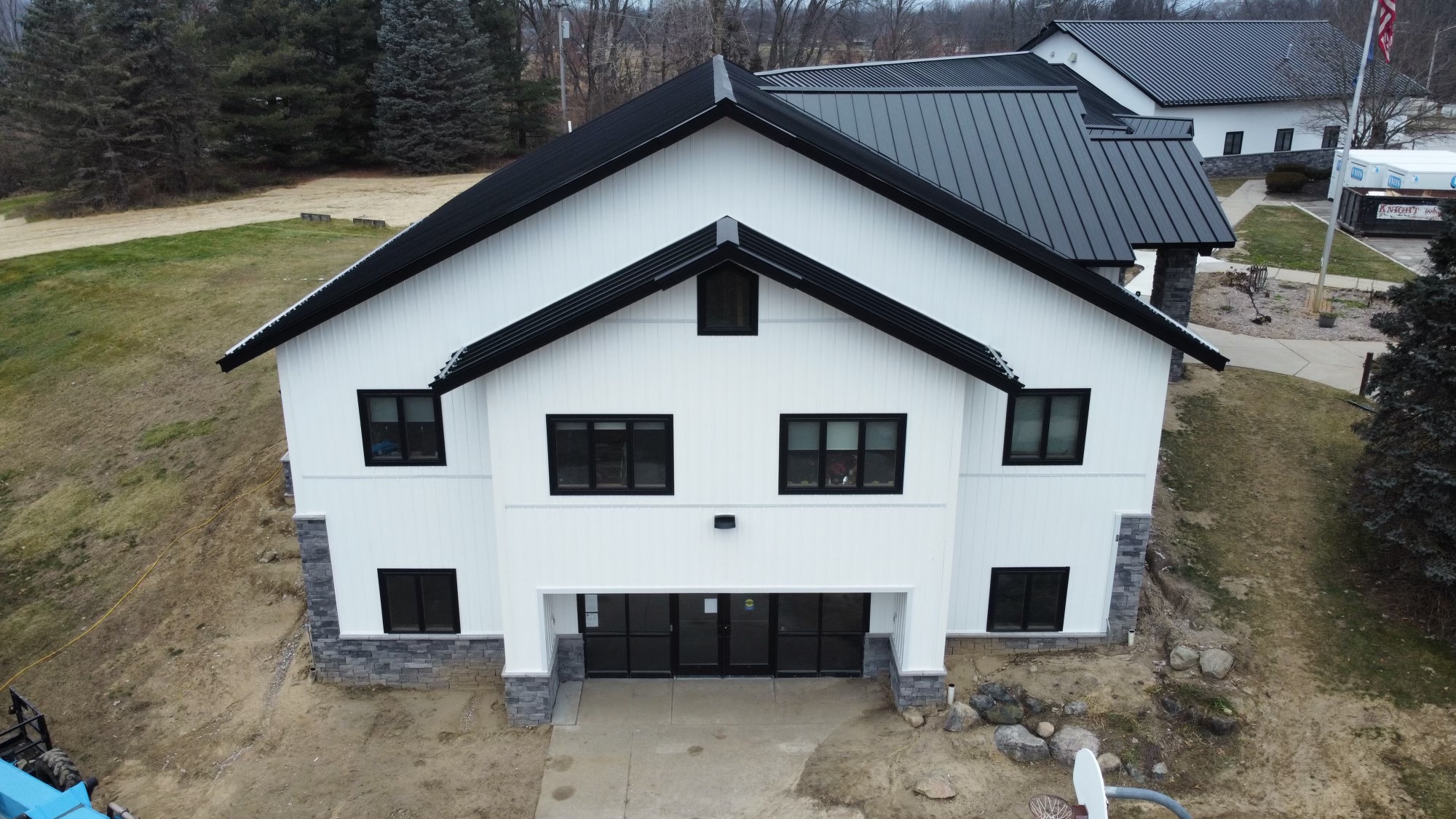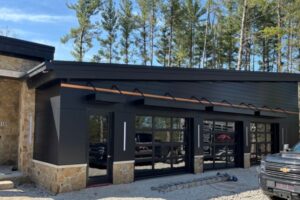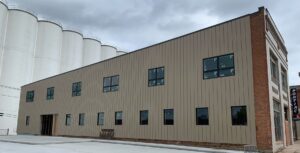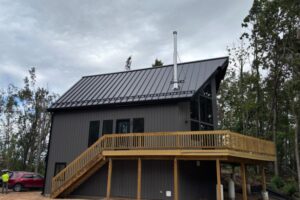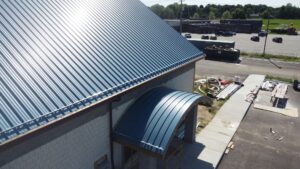Choosing the right roofing material is one of the most important decisions a property owner can make. Your roof protects your home from the elements, enhances curb appeal, and impacts long-term maintenance costs. Two of the most popular roofing options today are metal roofing and asphalt shingles. Both have distinct advantages and considerations, so understanding the differences can help you make the best choice for your home or business.
Durability and Lifespan
Metal Roofing:
Metal roofs are renowned for their exceptional durability. They can withstand extreme weather conditions, including heavy rain, snow, hail, and high winds. Most metal roofing systems are resistant to cracking, shrinking, and erosion, which makes them a long-lasting choice. With proper maintenance, a metal roof can last 40 to 70 years, depending on the material and finish.
Asphalt Shingles:
Asphalt shingles are a traditional roofing choice and remain popular due to their affordability and versatility. However, they typically have a shorter lifespan than metal, lasting 20 to 30 years on average. While high-quality architectural asphalt shingles can extend this lifespan, they are more susceptible to damage from wind, hail, and fluctuating temperatures.
Cost Considerations
Metal Roofing:
One of the main drawbacks of metal roofing is the initial cost. Metal roofs can cost two to three times more than asphalt shingles for the same square footage. However, their longevity, minimal maintenance, and energy efficiency often offset the higher upfront investment over time. Metal roofs can also increase property value, making them a smart long-term investment.
Asphalt Shingles:
Asphalt shingles are known for their budget-friendly installation cost, making them a popular choice for homeowners looking to replace a roof without a significant upfront investment. While they may require replacement sooner than metal roofing, their lower initial cost makes them accessible to a wider range of property owners.
Energy Efficiency
Metal Roofing:
Metal roofs are highly reflective, which means they can reflect sunlight rather than absorbing it. This can help reduce cooling costs during hot months, particularly in regions with high temperatures. Some metal roofing systems are coated with special reflective finishes to further improve energy efficiency and qualify for energy rebates.
Asphalt Shingles:
Asphalt shingles absorb more heat, which can increase the temperature inside your home and put additional strain on cooling systems. While some shingles come in lighter colors or reflective options, they are generally less energy-efficient than metal roofing.
Maintenance and Repairs
Metal Roofing:
Metal roofs require minimal maintenance. They are resistant to rot, mold, and insect damage, and occasional inspections and cleaning are usually enough to keep them in excellent condition. Minor scratches or dents can sometimes be repaired without major work.
Asphalt Shingles:
Asphalt roofs require more frequent maintenance. Shingles can crack, curl, or lose granules over time, especially in areas with harsh weather. Leaks may develop around flashing, valleys, and roof penetrations, requiring timely repairs to prevent damage to the underlying structure.
Aesthetics and Style
Metal Roofing:
Modern metal roofing comes in a variety of styles, colors, and finishes. From panels that mimic traditional shingles to standing seam designs, metal roofs offer a contemporary and customizable look that can enhance curb appeal. They can complement both modern and classic architectural styles.
Asphalt Shingles:
Asphalt shingles are available in a wide range of colors and patterns, providing versatility for various home styles. They offer a traditional appearance and can be easily matched to exterior design elements, making them a reliable choice for classic residential aesthetics.
Environmental Impact
Metal Roofing:
Metal roofs are often made from recycled materials and are fully recyclable at the end of their lifespan, making them an environmentally friendly choice. Their energy efficiency also reduces the home’s carbon footprint.
Asphalt Shingles:
Asphalt shingles are petroleum-based and are less environmentally sustainable. While some recycling programs exist, many shingles end up in landfills, and their production consumes more natural resources compared to metal roofing.
Conclusion
Both metal roofing and asphalt shingles have unique advantages, and the right choice depends on your priorities.
- If you value durability, longevity, energy efficiency, and low maintenance, metal roofing is an excellent investment. While it has a higher upfront cost, it can save you money over the long term and add significant value to your property.
- If you are focused on budget-friendly installation, traditional aesthetics, and flexibility, asphalt shingles are a reliable and versatile option.
Ultimately, consulting with a professional roofing contractor is the best way to determine which roofing system fits your home, budget, and long-term goals. They can assess your property, provide expert recommendations, and ensure your new roof is installed to protect your home for years to come.
